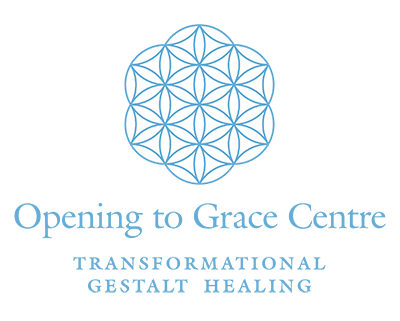Mindfulness and the wise horse
In equine assisted experiences (equine therapy), certain characteristics of horses are used to facilitate changes in perceptions of self and others, as well as the formation of new skills and approaches that can be taken into daily life. Horses are intensely social beings and exhibit a range of behaviours including those related to leadership, survival and play. Observing and reflecting on herd behaviour can help humans understand how they place themselves relative to others.
Working with horses helps people to understand their assertiveness or lack thereof and can help in developing a sense of mastership which can translate to increased self-esteem, confidence and trust. Because of the size, stature and perceived power and magnificence of horses, developing skills while working with horses can be particularly meaningful.
Horses provide reflective feedback or mirroring. They will notice and inspect changes and have a natural curiosity, potentially related to their need for safety. Horses are sensitive to how they are treated by humans and provide feedback on this, often immediately. This highly responsive nature of horses, reacting to subtle changes in the way that humans interact with them, can help bring unconscious behaviour into conscious awareness. In interaction with horses, people can immediately use that improved awareness in situ, thus receiving further feedback on their experiments in different ways of being.
Equine assisted experiences are also useful in establishment of healthy boundaries. Horses live in a world of clearly defined boundaries and hence horses can teach about boundaries and the ramifications of interactions with others boundaries.
Many of the equine assisted experiences are undertaken in silence. Based on Einstein’s belief that “the spoken language may have no place within the interior thought process”, the instinctual and non-verbal qualities that we tap into around horses can lead us into deeper connection with ourselves. The non-verbal communication between people and horses during the experience helps people to better listen to themselves, as people quieten themselves to listen to the horses subtle messages.
It is important to note that equine assisted experiences involves developing the social skills of the client, rather than a main focus on developing horsemanship skills. Parodoxically, this leads to an improvement in your skills around horses.
The evidence base for the effectiveness of equine assisted experiences in therapy is growing. Contact us for our summary of recent research in this area.
SOURCE: http://www.peakgrovesolutions.com.au/equine-assisted







Leave A Comment